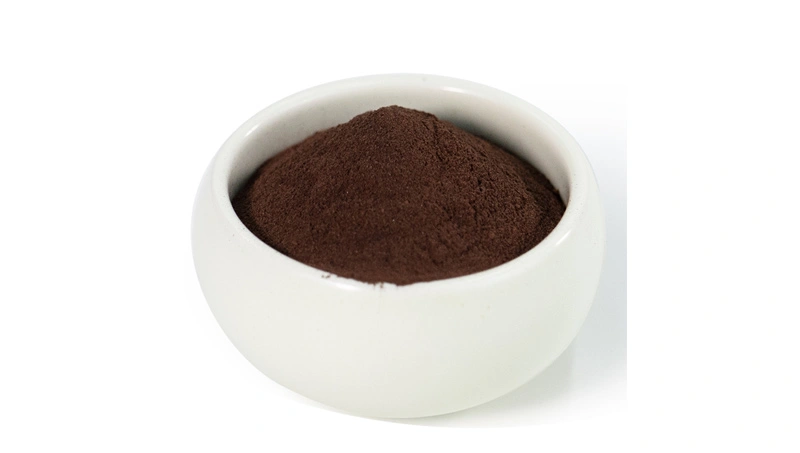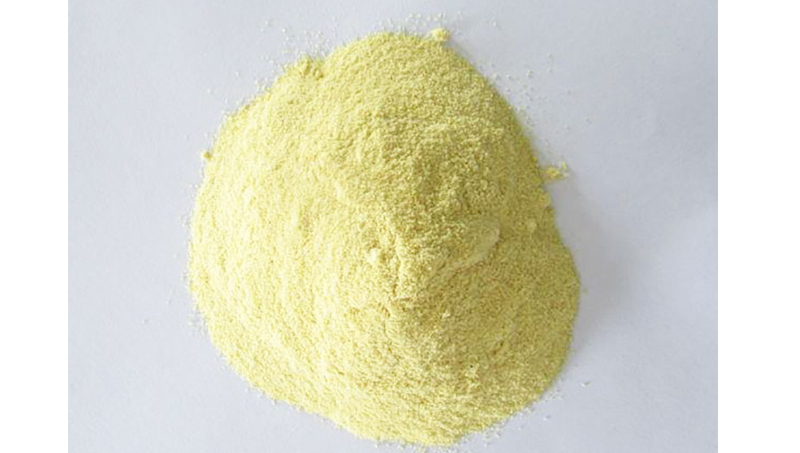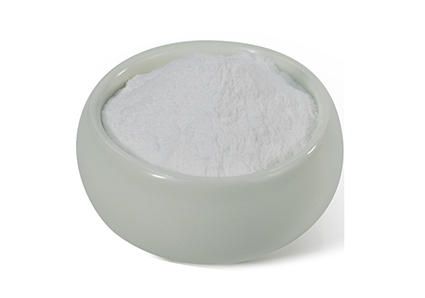Beta-Alanine is a non-essential amino acid with the metabolite myostatin. This substance acts as a buffer within the cell and helps to maintain pH stability. In sports supplements, beta-alanine is often used as a supplement to increase muscular endurance and reduce fatigue.

1. Skin reactions: Some people experience allergic reactions such as itching, redness, hives or other rashes on the skin after taking beta-alanine.

Image from pixabay.com
2. Digestive upset: Some people experience stomach upset, diarrhea, or vomiting after taking beta-alanine.
3. Neuromuscular reactions: Overuse of beta-alanine may lead to neuromuscular problems such as muscle spasms, cramps, or muscle pain.
4. Cardiovascular problems: Some people may experience cardiovascular problems such as palpitations, arrhythmia or increased blood pressure.
5. Gastrointestinal discomfort: In some people, beta-alanine may cause mild gastrointestinal discomfort, such as nausea or bloating.
Beta-alanine can cause allergies due to a variety of factors. Some of the possible causes include:
1. Immune response: after entering the body as a foreign substance, Beta-alanine may be perceived as a threat, triggering a response from the immune system and leading to the development of allergic symptoms.
2. Metabolites: Beta-alanine may be metabolized in the body to produce certain byproducts that may cause allergic reactions.
3. Dose and duration of exposure: High doses or prolonged exposure to beta-alanine may result in an increased risk of allergic reactions.
4. Individual constitution: Certain individuals may be more sensitive or prone to allergic reactions to certain components in beta-alanine.
The following steps can be taken to prevent side effects of beta-alanine:
1. Know the indications and dosage: it is important to know the correct indications and dosage before using beta-alanine. Follow the recommended dosage in the product insert according to your personal situation and goals.
2. Increase the dose gradually: to minimize the risk of side effects, it is recommended to increase the dose of beta-alanine gradually. For initial use, start with a lower dose and gradually increase to the recommended dose.
3. Avoid concomitant use with other medications or supplements: Certain medications or supplements may interact with beta-alanine and cause adverse reactions. Before using beta-alanine, consult your doctor or professional to ensure that there are no interactions with other medications or supplements you are using.
4. Be aware of personal allergy history: If you have a history of allergies or known allergies to certain ingredients, consult your doctor before using beta-alanine.
5. Observe Physical Reactions: Closely observe physical reactions while using beta-alanine. If you experience any discomfort or unusual symptoms, such as rash, difficulty breathing, palpitations, etc., discontinue use immediately and consult your doctor.
Follow Proper Use: Use beta-alanine correctly according to the product instructions or as directed by a professional. do not exceed the recommended dosage, and follow the correct frequency and duration of use.
Stay hydrated: Beta-alanine may cause slight dehydration, so it is important to maintain adequate water intake during use.
NOTICE: Understanding these possible causes can help prevent and minimize the occurrence of allergic reactions to beta-alanine. It is recommended to carefully understand the indications, dosage, and proper use of beta-alanine before using it, follow your doctor's or professional's advice, and closely monitor your body's reaction and take prompt action if you experience any discomfort.
 English
English français
français Deutsch
Deutsch Español
Español русский
русский português
português






